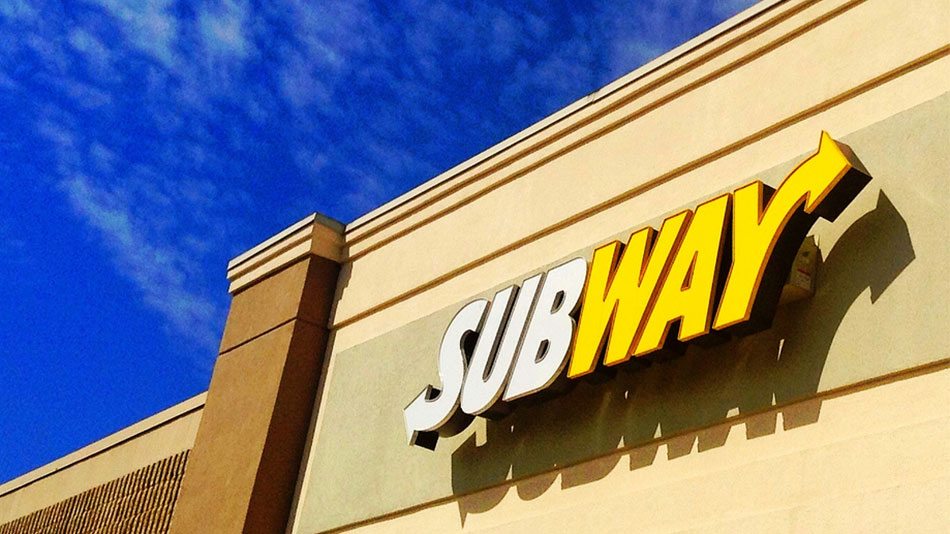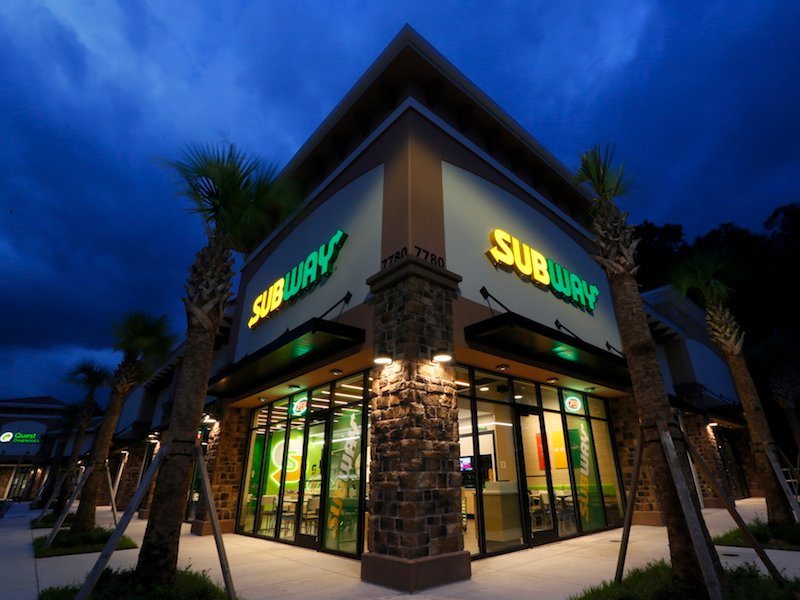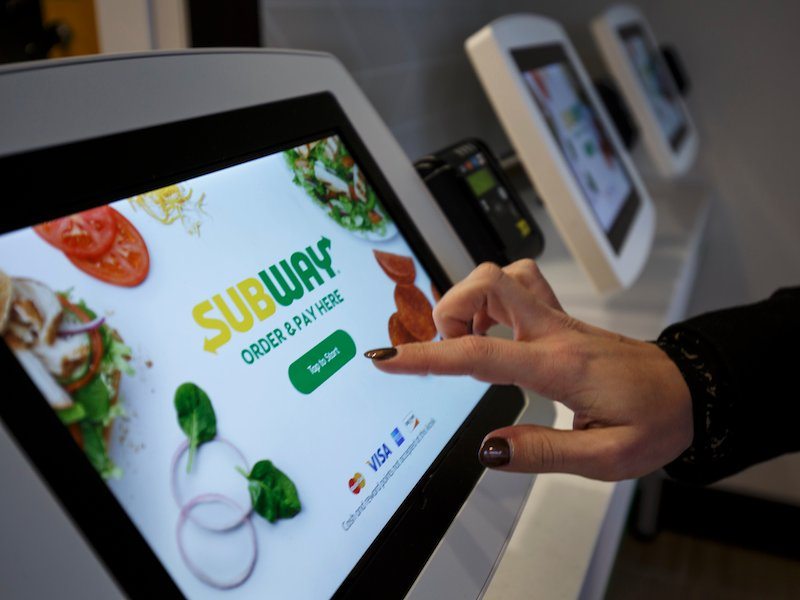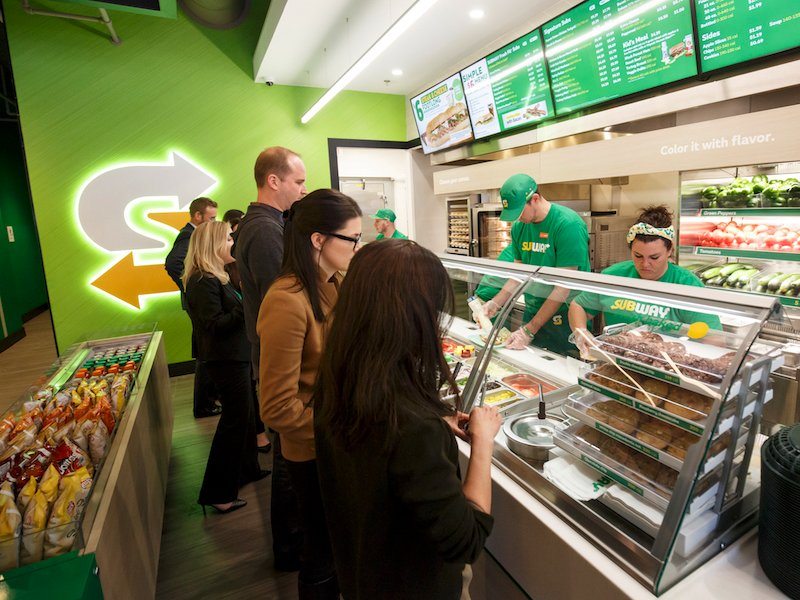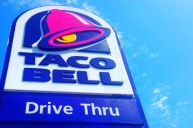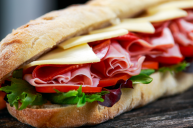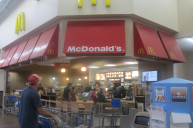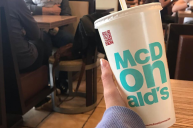Subway might be the largest fast-food chain in the world in terms of number of stores, but it may not hold that top spot for long. For several years now, Subway restaurants have had major issues including individual store owners protesting corporate initiatives, the loss of customers, and declining sales. The chain is trying to freshen both its stores and its image, but according to Bloomberg News, that means Subway closing stores in 500 locations this year.
Videos by Wide Open Country
The news follows over 900 Subway stores closing last year and seems to be another sign that the sandwich chain is in trouble, at least in the United States. At the end of 2017, Subway's U.S. store count was at just below 26,000, however globally, the chain has around 44,000 stores. Subway CEO Suzanne Greco told Bloomberg that they plan to add another 1,000 stores in locations outside of North America, focusing on the U.K., Germany, South Korea, India, China, and Mexico.
In the U.S., Subway is trying to up its game with a revitalization plan that includes refreshing stores, giving them a sleeker more modern appearance, and adding innovations like touchscreen kiosks for ordering and a mobile app. They've also created a loyalty program that offers frequent customers $2 off items and occasional freebies, as well as bringing back the $5 Footlong special that the chain discontinued in 2016.
But these changes may not be enough to save the 53-year-old chain. They're playing catch up with other fast food giants who have already implemented new innovations and loyalty programs. For example, Quiznos launched their smartphone-based loyalty program in 2016 and it now includes the ability to place an order through the app. McDonald's has been using touchscreen kiosks in Europe for some time and U.S. stores have been moving in that direction over the last couple of years as well.
Dunkin' Donuts not only lets you order and pay through its online app, if you're a member of their loyalty program you can order via Waze or Google Assistant (just say "Hey Google, talk to Dunkin' Donuts.")
Even if the store refresh and new loyalty program encourage customers to come back, the chain is facing other issues. When they announced that they were bringing back the $5 footlong special, over 400 franchisees signed a protest letter stating that the promotion would hurt individual stores by making their razor thin profit margin even smaller.
Business Insider talked to Subway franchisees who noted that the chain is falling behind in areas like fresh ingredients and new flavors. According to one franchisee, fresh produce is only delivered to the stores once or twice a week, instead of the stores being able to purchase local produce daily as they did in the past. In the letter protesting the $5 promotion, other franchisees encouraged the chain to consider bold new flavors for their sandwiches.
There is an increasing number of fast food options and many newer chains are focused on organic ingredients and high-tech customer engagement. Customers are choosing to seek out these trendy fast casual chains and so older chains are having to find innovative ways to keep their customers' attention and loyalty in order to maintain their market share.
Subway is a privately held company, owned by Doctor's Associates, Inc. which was founded by Fred DeLuca and Peter Buck. Greco is DeLuca's sister who took over the chain in 2015 after his death. Because they don't have to publicly report financial data, it's hard to know exactly how the chain is doing. However, as reported by Bloomberg, the chain's U.S. sales fell 4.4 percent in 2017. And the New York Post obtained an internal memo that stated customer traffic declined by 25 percent over the last five years.
Talking with Bloomberg, Greco said, "We want to be sure that we have the best location. We focused in the past on restaurant count. We're focused now on strengthening market share." Based on the fact of Subway closing stores in the U.S. and opening them around the world, it seems that the company is hoping modernization and an international expansion strategy will be enough to shore up their place in the competitive fast food market.

